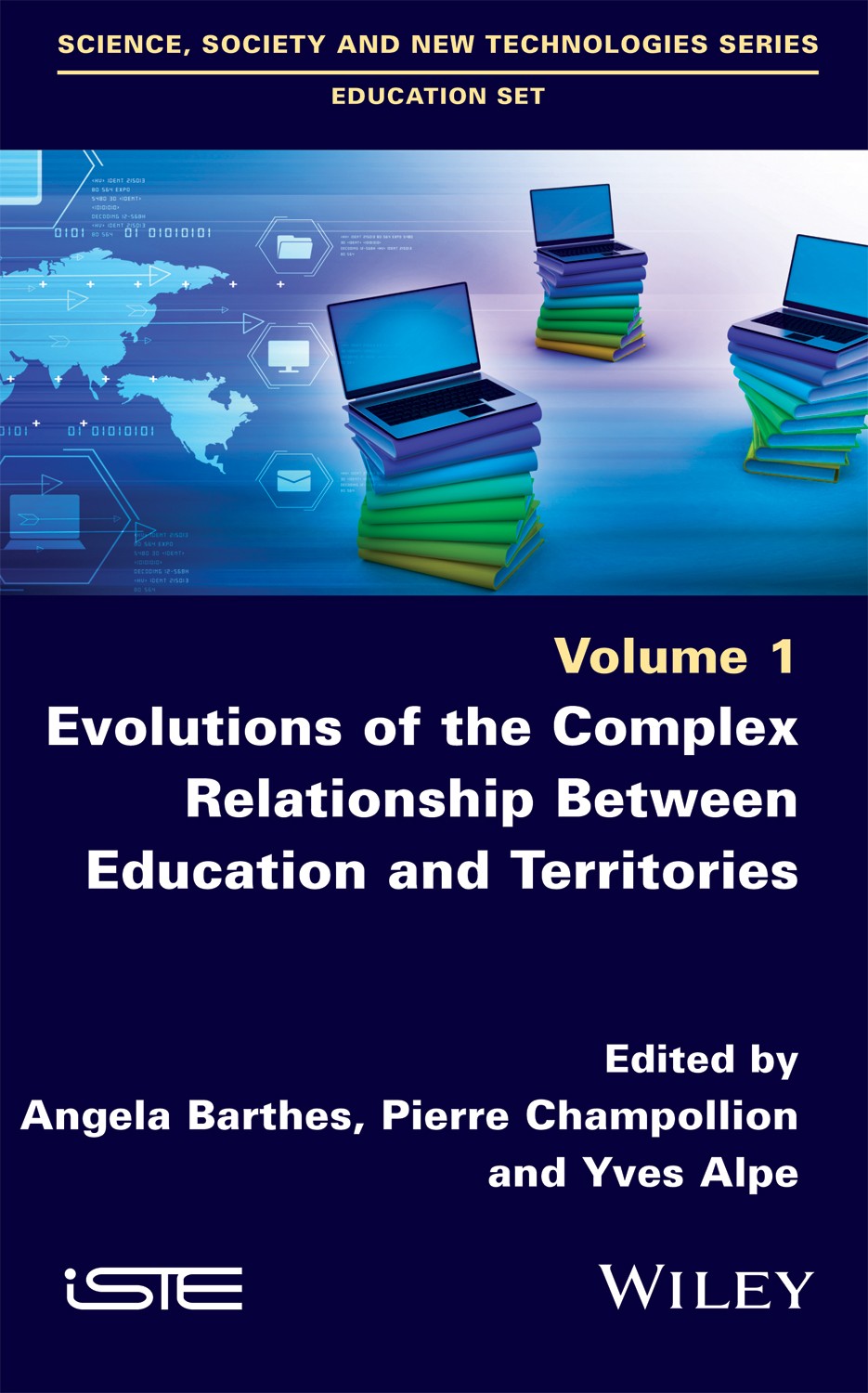
This book represents an up-to-date summary on the issue of education and territory. By questioning the relationship between education and territory according to three main axes – historical evolutions, contemporary interactions and original theorizations – this book highlights the importance of the territorial contextualization of schooling. This is something which has long remained in the […]
This book represents an up-to-date summary on the issue of education and territory. By questioning the relationship between education and territory according to three main axes – historical evolutions, contemporary interactions and original theorizations – this book highlights the importance of the territorial contextualization of schooling. This is something which has long remained in the blind spot of research in education sciences which, until now, have primarily focused on social and institutional contexts.
The 14 chapters of this book analyze the numerous interactions that have developed between education (formal schooling, pedagogy, teaching, direction) and territory (prescribed, lived, dreamed, internalized). Essentially, if territory can impact education in terms of context, it can also play an active role as an educational actor, to the point where it becomes a “learning territory”.
In order to re-examine the structure of the school system and better understand its complex relationship with territory, case studies are provided and crucial questions are explored, focusing on the territorial inequalities of education and direction, territorialized public policies, as well as the characteristics and common points of rural and urban schools.
